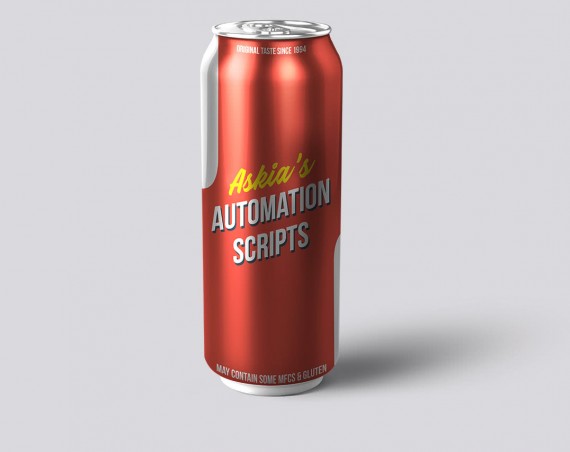
This blog article explains why Askia will be offering a SaaS solution in the future and the benefits that this should bring to all our clients.
Definition
Software as a Service (SaaS) is a delivery model for software applications where the provider hosts the software and makes it available to customers over the internet. In SaaS, customers access the software through a web browser, without the need for any installation or setup on their own systems. The provider is responsible for maintaining and updating the software, and clients pay a recurring fee to use it. This differs from traditional software delivery models, such as on-premise software, where the client is responsible for installing and maintaining the software on their own systems. SaaS has become a popular delivery model due to its cost-effectiveness and ease of use, as well as its ability to accommodate the needs of businesses of all sizes.
Key Benefits of SaaS
- Accessibility: SaaS platforms can be accessed from any device with an internet connection, making it easier for remote teams to collaborate. And yes, you will be able to use Safari as your browser, so finally Askia will work on a Mac!
- Cost-effective: SaaS typically requires a lower upfront investment and a lower ongoing cost compared to an on-premise system. In essence many clients share the cost of the infrastructure.
- Scalability: SaaS platforms can easily scale to accommodate growing business requirements, without the need for each client to organise and pay for additional hardware or IT support.
- Automatic updates: SaaS providers regularly update their systems, ensuring that users always have access to the latest features and security fixes.
- No IT maintenance: With a SaaS platform, the responsibility for maintenance and upgrades falls on the provider, freeing up IT resources within the client company.
- Specialist security: the provider employs a team of security specialists who are dedicated to maintaining the security of the systems and data centre.
- Centralized security: SaaS platforms have centralized security systems and protocols that are applied across all clients, typically providing a higher level of security compared to a single on-premise system.
- Regular security updates: SaaS providers are typically quick to respond to and apply security updates, ensuring that their clients are protected against known security threats.
- Disaster recovery: SaaS platforms typically offer automated, off-site data backup, which minimizes the risk of data loss in the event of a disaster.
Are there any downsides to SaaS?
As you might expect, there are a few things that need to be considered when moving over to a SaaS solution.
- Dependence on the internet: SaaS platforms require a reliable internet connection to function, which may not be available in all locations.
- Limited customisation: SaaS platforms are typically less customisable compared to on-premise systems, which can limit their ability to meet the specific needs of a business.
- Reduced control: Companies may have limited control over the configuration and management of SaaS platforms, as these tasks are typically the responsibility of the provider.
Which data centre provider will Askia use for SaaS?
Askia is using Google Cloud Platform (GCP), which is a cloud computing platform that provides infrastructure and services for hosting SaaS solutions.
By using GCP as an infrastructure for hosting SaaS, Askia clients can benefit from the scalability, reliability, and security of Google’s cloud infrastructure.
The locale of the initial solution will be in the EU. There will be opportunities to provide alternative locales in the future, depending on client demands.

